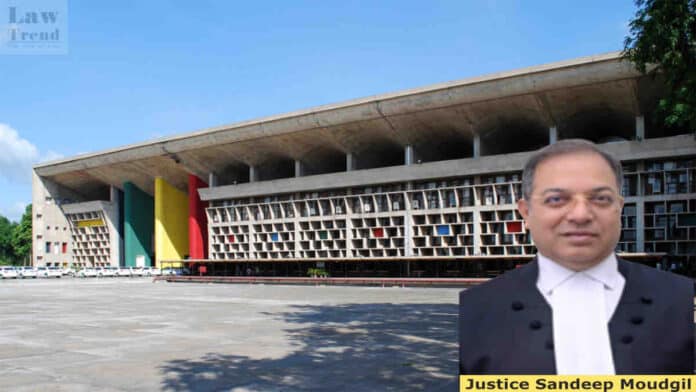In a significant ruling that underscores the judicial system’s emphasis on practical justice, the Punjab and Haryana High Court allowed an elderly British citizen, Diljit Kaur, exemption from personal appearance in a criminal case. Justice Sandeep Moudgil delivered the decision in Diljit Kaur v. State of Punjab (CRM-M-64176-2023), citing that the presence of the accused
To Read More Please Subscribe to VIP Membership for Unlimited Access to All the Articles, Download Available Copies of Judgments/Order, Acess to Central/State Bare Acts, Advertisement Free Content, Access to More than 4000 Legal Drafts( Readymade Editable Formats of Suits, Petitions, Writs, Legal Notices, Divorce Petitions, 138 Notices, Bail Applications etc.) in Hindi and English.




